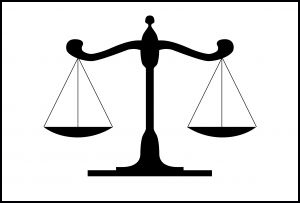Is Suspending Judgment an Option?


Imagine someone saying the following: “The doctrine of the Trinity is difficult to accept. On the one hand, reason tells me that this doctrine is impossible. Three persons in one being is illogical. On the other hand, the Bible seems to be pointing in the direction of the Trinity. But we have to acknowledge that our human interpretations of the Bible are fallible, so we might be mistaken in believing that God is Triune. I’m faced with a conflict between what reason says and what the Bible appears to be saying. Therefore, I’m going to suspend judgment for the time being. Perhaps in the future there will be more clarity on this matter and then I can make a responsible judgment.” If we heard someone talking like that, we would recognize that there are significant problems in this reasoning. When all the evidence is considered, the Bible is clear about the doctrine of the Trinity. Yes, there have been numerous heretics over the centuries who’ve drawn this doctrine into question. Yet the consensus of the Church has always been that God is Triune. It’s in our creeds and confessions. Christians are called to accept and believe what the Word of God teaches, not to suspend judgment on it. As the Belgic Confession puts it in article 5, “We believe without any doubt all things contained” in these holy and canonical Scriptures. Moreover, we also “reject with all our heart whatever does not agree with this infallible rule” (BC 7). It sounds humble to suspend judgment and it might be when it comes to assertions from human authorities. But when it comes to divinely authoritative Scripture, nothing could be more arrogant.
We can see that suspending judgment is not an option when it comes to the Trinity. Why should it be when it comes to other vital areas of Christian theology, such as origins? I urge you to read this important post from Dr. John Byl illustrating one example of someone trying to argue in this manner and why it doesn’t work.


